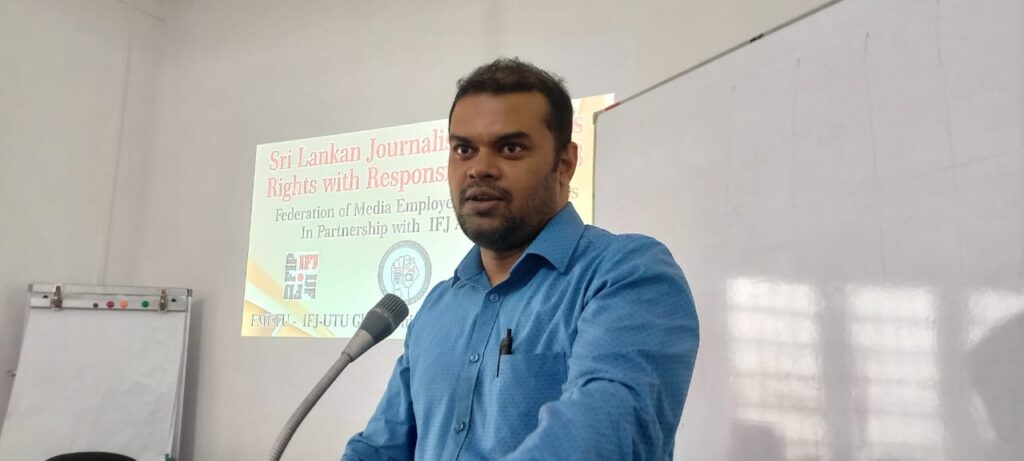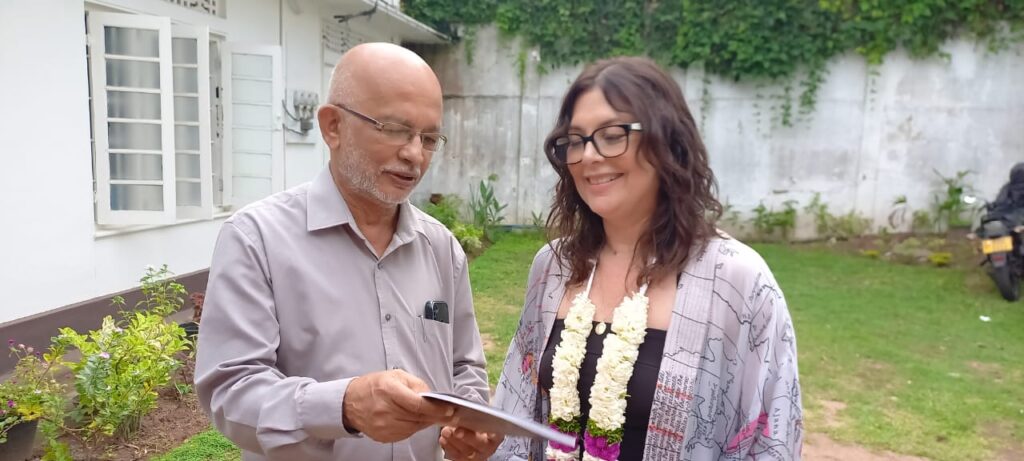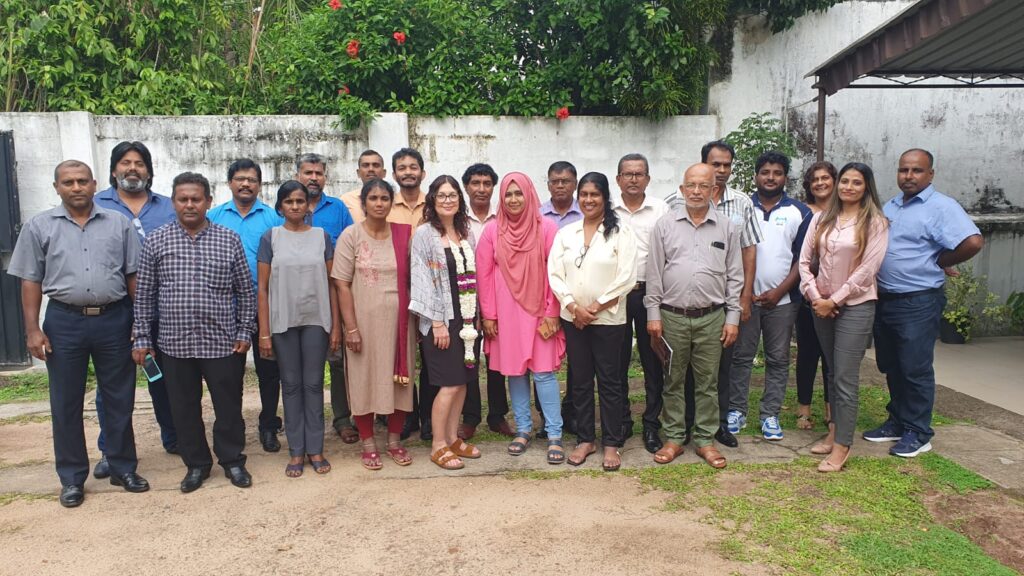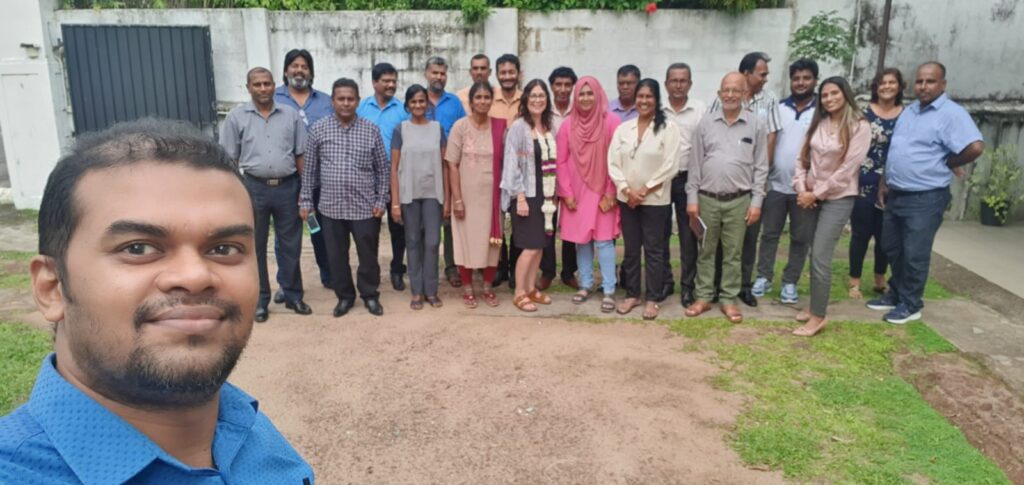The investigation against the Udayan editor was the TID is against Freedom of speech.
Below is the full statement issued by FMETU against the investigation by The TID against Udayan’s editor.
Below is the full statement issued by FMETU against the investigation by The TID against Udayan’s editor.

Challenges faced by Journalists in Sri Lanka today and the way forward were discussed at an all-island meeting of the Federation of Media Employees Trade Unions.
This meeting was the final activity organized by FMETU under the International Federation of Journalists, Union to Union, 2023 program. The event took place online on 23 November 2023.

The program this year focused on creating greater awareness amongst journalists on the rights and responsibilities of Sri Lankan Journalists and strengthening the FMETU as a united body. A strategic plan for 2024/ 25 was designed with the collective participation of FMETU members from all districts.
 The keynote address at the meeting to discuss the challenges and way forward, titled “2024-25- FMETU Future Plans and Duties, Responsibilities of Journalists”, was delivered by a leading activist of the Young Journalist Association, Tharindu Udawaragedara. He explained at length the “Strategic Engagement Plan 2024-25” and explained the responsibilities assigned to the members. The presentation was followed by a lively discussion amongst the participants.
The keynote address at the meeting to discuss the challenges and way forward, titled “2024-25- FMETU Future Plans and Duties, Responsibilities of Journalists”, was delivered by a leading activist of the Young Journalist Association, Tharindu Udawaragedara. He explained at length the “Strategic Engagement Plan 2024-25” and explained the responsibilities assigned to the members. The presentation was followed by a lively discussion amongst the participants.
Members then provided their input for prioritization of issues identified in the strategic plan. Over 100 journalists provided input through a Google form designed for this purpose.

The FMETU 9th National Delegates Conference was also held concurrently with this event.
The delegates conference was conducted under the leadership of Indira Navagamuwa who was elected as the pro temp chair.
The past Delegate Conference report was presented by Dharmasiri Lankapeli. After the Secretary presented the annual report.
The new office Bearers for the two years 2024-25 were proposed and elected. Nine members were elected to the Board and sixteen were elected to the executive council. The entire executive board consists of twenty- five members. The Assembly unanimously approved the 2021-22 audit report presented by the Treasurer, Rizwan Segu Mohideen. The program concluded with the delivery of the vote of thanks by the General Secretary, Lankapeli.
FMETU, 26 November, 2023
After six weeks of war in Gaza, the situation is becoming catastrophic for Palestinian civilians, including journalists and media workers. As of November 17, at least 35 Palestinian journalists and media workers have been killed since the war started.
Today, the president of the Palestinian Journalists’ Syndicate (PJS) Nasser Abu Baker has launched an emotional appeal to help journalists and media workers in Gaza. Watch the video:
https://www.youtube.com/watch?v=bf-fu5OGIfc
The PJS president encourages all who want to help Gaza’s journalists and media workers to continue their work to contribute to the IFJ International Safety Fund, which will pass donations directly to the PJS to fund further aid. Working through affiliates, the IFJ is the only international body that provides aid through journalists’ own organisations.
Palestinian journalists need our help more than ever, and this is only possible with your support and solidarity. We appreciate your solidarity in these difficult times.
We encourage you to share the appeal (Nasser’s video, IFJ statement, IFJ blog post) on your social media and with your own members. Every contribution and show of solidarity will be greatly appreciated.
IFJ team

The IFJ’s call, which has signatories from every continent, is that the Israeli Defence Forces (IDF) rigorously observe international law that requires combatants to take all reasonable steps to treat journalists as civilians and to safeguard their lives.

Brussels, 13 October 2023 – Since the outbreak of the armed conflict between Hamas and Israel, the International Federation of Journalists (IFJ) has been in constant dialogue with its Palestinian affiliate, the Palestinian Journalists’ Syndicate (PJS), who organise journalists in the Gaza Strip, as well as being in contact Israeli journalists. The IFJ and its affiliates around the world call on Unesco to do its utmost to protect journalists and demand that the warring parties de-escalate the violence, which will only result in civilian casualties, particularly journalists.
Since 7 October 2023 and the first Hamas attack, thousands of Palestinian and Israeli civilians have been killed, including journalists and media workers. Among them, the IFJ counts many colleagues who have been killed, injured or kidnapped. On the night of 13 October 2023, the Israeli army asked more than one million Palestinians in the north of the Gaza Strip to move to the south of the territory in order to carry out military actions. The IFJ is concerned about the consequences for civilians and journalists. The IFJ therefore calls on both warring parties to respect international humanitarian law and the United Nations Charter.
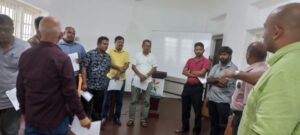
The Federation of Media Employees Trade Unions FMETU Sri Lanka conducted a full day workshop to design their action plan for the next two years 2024 and 2025.

The program was part of the International Federation of Journalists, IFJ-UTU project for 2023. Rainbow Institute Sri Lanka was delighted to collaborate in this important initiative to empower journalists’ island wide. The facilitators were Dileepa Samarasinghe and Mahishka Fernando.
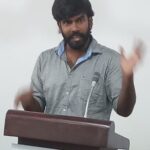
16 participants have participated and they discussed the below tropics to find solutions their own way.
Key action areas – to be divided into plans for 2024 and 2025
| Topics | Sub-areas | Expectations | |
| 1. | Addressing issues, challenges and preparing structures | · welfare schemes, salary schemes and professional rights
|
· How to implement schemes
· How can they pay the Rs1200 per year? Annual membership fee |
| 2. | Categories journalists and media workers (including women journalist, state media sector, provincial and young journalists) and design intervention to mobilize | · collective bargaining agreements for state media journalists (ide
· strengthen the FMETU affiliates unions |
· Identify how to mobilize journalists from each area
· How to strengthen the FMETU affiliates unions
|
| 3. | Update/ improve the FMETU website and start an online news bulletin | ||
| 4. | Training (journalists to fit into the digital economy) | ||
| 5. | Annual budget for the union | Strategies to pay annual membership fee | How can they pay the Rs1200 per year? |

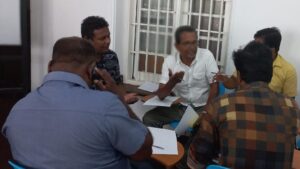
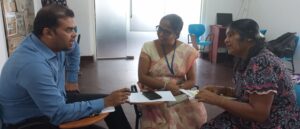
“Quality information depends on decent working conditions for all media workers and young journalists should be no exception,” says the International Federation of Journalists (IFJ). On 7 October, the Federation will mark the World Day for Decent Work by launching a global survey to assess the needs of young media workers.
In recent decades, precarious working conditions, including poor pay, lack of contracts, heavy workloads, and stress and job insecurity have blighted the news sector. Young workers have particularly suffered.
“If the International Criminal Court does not investigate the death of Shireen Abu Akleh soon, it will lose all credibility among journalists and the Palestine people,” said IFJ vice-president Nasser Abu Baker. He was speaking to a packed meeting on 21 September at the United Nations Human Rights Council, organised by the IFJ on the anniversary of lodging a complaint with the Hague-based court.
Nearly 100 national representatives, including those from China, the USA, the UK, and the EU, heard contributions from lawyers and campaigners involved in the case.
Ilora Choudury, senior lead counsel for the International Center of Justice for Palestinians told the meeting about the troubling forensic evidence that has emerged since the killing. “The similarity between cases, the consistency, and the sheer volume all point to one thing – a formal, or informal policy to intentionally targeting journalists.”
Choudhury went on to say that had legal action been swifter, much suffering among journalists in Palestine might have been avoided – 102 have suffered serious injury as a result of the actions of the Israeli Defence Force.
IFJ treasurer, Jim Boumelha, who chaired the meeting said: “Journalists everywhere have been appalled by this killing and are looking to the ICC to take action. The IFJ will keep up the pressure until it does”.
A fuller report follows.
UN: ICC must investigate the killing of journalists in Palestine
The proposed new bill ‘The Strengthen Online Security’ Act is the latest law to be added to repressive laws like the Rehabilitation Act, Anti-Terrorism Act, Anti-Corruption Act, and Media Regulatory Commission Act.
The press statement issued by the Federation of Media Employees Trade Unions protesting against this Act The full statement is published below in its entirety.

Press Release
22nd September 2022
The proposed new Bill to ‘Strengthen Online Security’ should be defeated.
After the appointment of Mr. Ranil Wickramasinghe as the successor executive president, a new bill has been proposed called ‘Strengthening Internet Security’. ‘The ‘Strengthen Online Security’ bill is the latest law to be added to repressive laws like the Rehabilitation Act, Anti-Terrorism Act, Anti-Corruption Act, and Media Regulatory Commission Act.
The last hope of the rulers was defined as new laws that intervened to protect the country’s democracy and citizen rights to control the people’s opposition that may grow against the government. Media organizations and intellectuals, leading mass organizations on behalf of the citizens, and the legal community with the former President of the Sri Lanka Bar Association Mr. Saliya Peiris say that the primary purpose of this new bill is to control ‘social media’.
In view of the economic, social, and political crisis that is growing in the country, we strongly believe that this is another law for the purpose of crossing the basic right to information and social freedom of the people. We strongly believe that these laws are specifically for the control of ‘social media’, which is becoming a social power.
It is the responsibility of every citizen to defeat the repressive decrees that the President, who does not have a clear mandate, trying to pass and implement the proposed ‘ Strengthen Online Security’ act at his discretion. Therefore, our Federation strongly expects the intervention of every citizen who agrees to protect the freedom of expression and speech in Sri Lanka.
The Federation of Media Employees Trade Unions, in conjunction with the International Federation of Journalists, all media organizations strongly condemn the proposed draconian bill. The International Federation of Journalists is the most powerful media organization with a membership of over 600,000 journalists, comprising 167 media organizations in 146 countries.
Thanking You,


Dharmasisr Lankapeli
General Secretary





